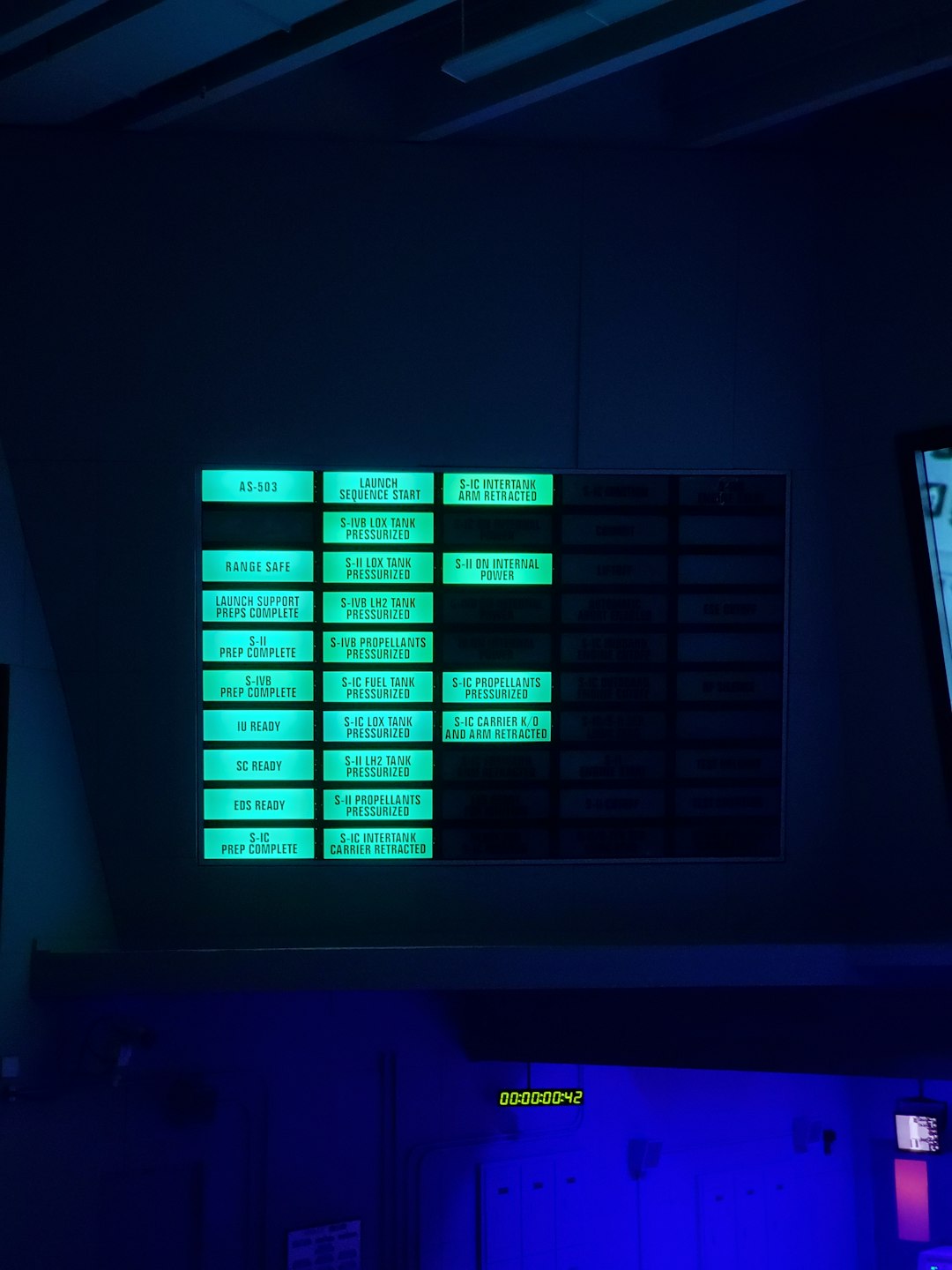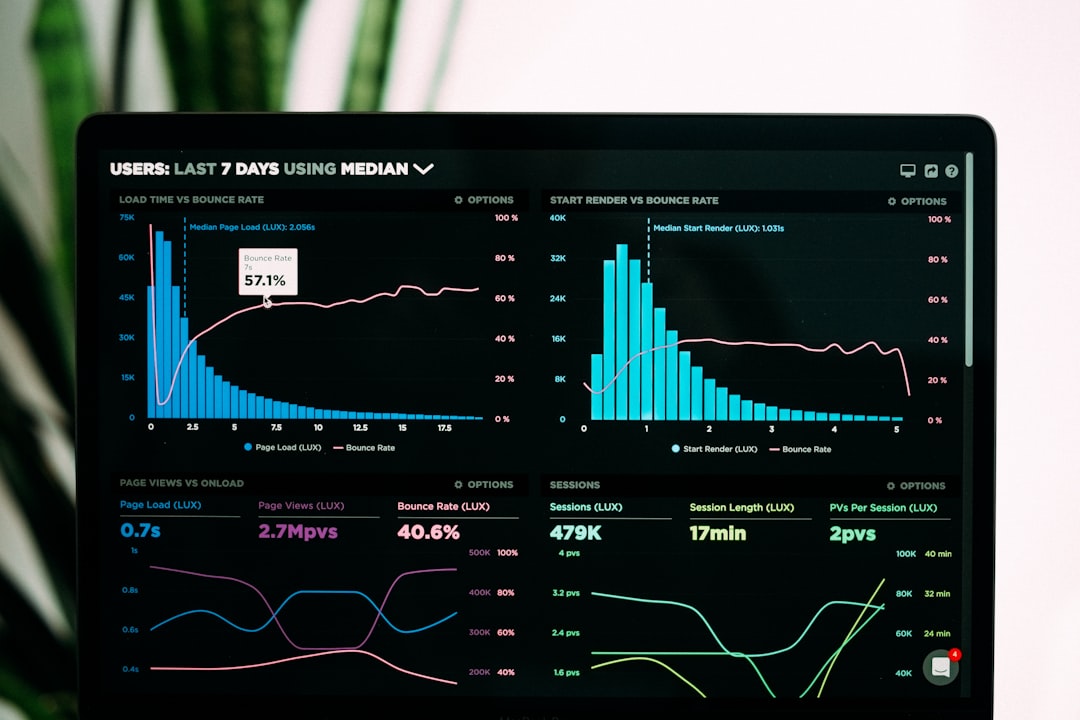In today’s fast-paced digital landscape, communication plays a crucial role in business operations and marketing outreach. With over 2 billion users worldwide, WhatsApp has evolved into a powerful tool for direct and timely communication. However, manually sending messages at the right moments can become time-consuming and inconsistent. This is where a WhatsApp scheduler becomes essential for managing your messaging campaigns effectively.
The Power of Scheduled Messaging
Scheduling messages helps businesses maintain consistency, optimize engagement, and ensure that content is delivered at the most strategic times. Whether it’s a small business sending order confirmations or a global brand launching a campaign across time zones, a WhatsApp scheduler introduces operational efficiency and precision at every level.
For example, businesses that operate globally often have to manage communications across multiple time zones. A scheduler can automate message dispatch based on the recipient’s local time, enhancing customer experience and increasing message open rates.
Key Benefits of Using a WhatsApp Scheduler
Below are some of the most significant advantages of integrating a scheduler into your WhatsApp marketing and communication strategy:
- Time Efficiency: Automate repetitive messaging tasks, freeing up valuable time for your team to focus on strategy and development rather than manual dispatching.
- Improved Engagement: Timed messages ensure they are read during optimal hours, which can significantly enhance response rates and user interaction.
- Consistency: Maintaining a consistent messaging schedule builds trust and keeps your audience informed and engaged without being overloaded.
- Error Reduction: Reduces human error associated with manual messaging, such as sending the wrong message at the wrong time or to the wrong recipient.
- Multi-Time Zone Coordination: Automatically adjusts delivery times based on the recipient’s location, making global campaigns more effective.

Enhancing Marketing Campaigns with Automation
In marketing, timing is everything. A promotion sent too early may be ignored, while one sent too late may miss its mark. Utilizing a WhatsApp scheduler allows businesses to be proactive rather than reactive. For example, scheduling a promotional message for a special event or sale ensures it reaches the audience at the most impactful time—boosting engagement and conversions.
Marketers can create multi-layered campaigns where different types of content—reminders, follow-ups, thank-you messages—are sent at strategic intervals. This not only personalizes user experiences but also helps in nurturing leads and building strong customer relationships.
Use Cases Across Industries
Almost every industry dealing with customer communication can benefit from WhatsApp scheduling. Here’s how different sectors use this powerful tool to their advantage:
- Retail: Automatically inform customers about flash sales, restock alerts, and delivery schedules.
- Healthcare: Send automated appointment reminders, follow-up check-ins, and prescription refills.
- Education: Schedule reminders for assignment deadlines, class changes, or event announcements.
- Travel & Hospitality: Send boarding reminders, check-in alerts, and personalized offers for returning customers.
- Finance: Remind clients about upcoming payments, policy renewals, and promotional investment plans.
Behavioral Targeting and Customer Segmentation
Advanced scheduling tools in WhatsApp not only allow time-based automation but also trigger-based delivery. For instance, a user who abandons their shopping cart can receive a follow-up message an hour later, customized with a discount to motivate purchase completion.
By segmenting your audience based on their activity or customer journey, you can deliver more tailored experiences that drive engagement. This level of automation enhances the ROI of your marketing campaigns while improving customer satisfaction.
Analytics and Insights
Many advanced WhatsApp scheduling platforms offer analytics that shows open rates, reply rates, click-through rates, and more. Understanding what time of day or week garners the highest engagement allows for further optimization of future campaigns. This data-driven approach turns messaging into a smart, ROI-focused activity.

Legal Compliance and Respect for Privacy
Modern scheduling tools are also built with compliance in mind. With the increasing emphasis on data privacy and opt-in marketing, schedulers help ensure messages are only sent to those who have given explicit permission. This helps businesses stay compliant with regulations like GDPR and CCPA, further enhancing customer trust.
Choosing the Right Scheduler Tool
Not all WhatsApp scheduling tools are created equal. When selecting one for your business, consider the following features:
- User-Friendly Interface: Simple and intuitive dashboards for efficient scheduling and management.
- Integration Capabilities: Compatibility with CRMs, e-commerce platforms, and analytics tools.
- Trigger Automation: Ability to send messages based on user action or inactivity.
- Multimedia Support: Schedule images, videos, and documents in addition to plain text.
- Security: End-to-end encryption and role-based access control to protect data integrity.
Conclusion
With increased dependency on instant communication and customer-centric marketing, a WhatsApp scheduler is no longer a luxury—it’s a necessity. It brings structure, automation, and strategic timing into your campaigns, ultimately improving customer communication, productivity, and campaign performance.
Whether you’re a solopreneur or a large enterprise, implementing a scheduling system for WhatsApp messaging can revolutionize the way you interact with your audience. The right messages, at the right time, to the right people—that’s the future of personalized communication.
Frequently Asked Questions (FAQ)
-
Q: Can I schedule messages on WhatsApp natively?
A: Currently, WhatsApp’s native app does not offer scheduling functionality; however, third-party tools or WhatsApp Business API can be used for scheduling. -
Q: Is it legal to send scheduled messages to my customers?
A: Yes, as long as your customers have opted in to receive communications and you comply with privacy regulations such as GDPR or CCPA. -
Q: Can scheduled messages include images or videos?
A: Absolutely. Most advanced scheduling tools support multimedia messages including images, videos, PDFs, and more. -
Q: How far in advance can messages be scheduled?
A: This depends on the platform you are using. Many schedulers allow scheduling days, weeks, or even months in advance. -
Q: Can I use schedulers for group messages or broadcasts?
A: Yes, many scheduling tools support group messaging and broadcasts, making them useful for campaigns that target a larger audience.
